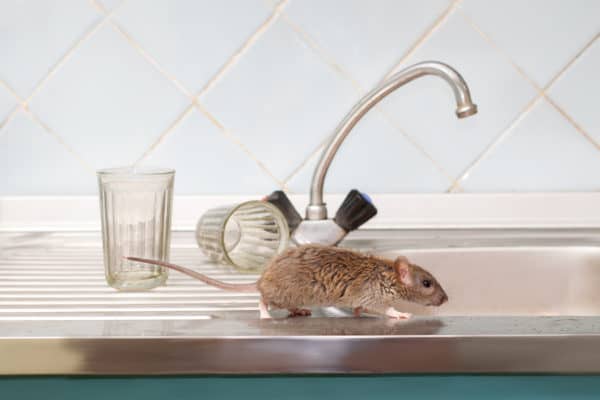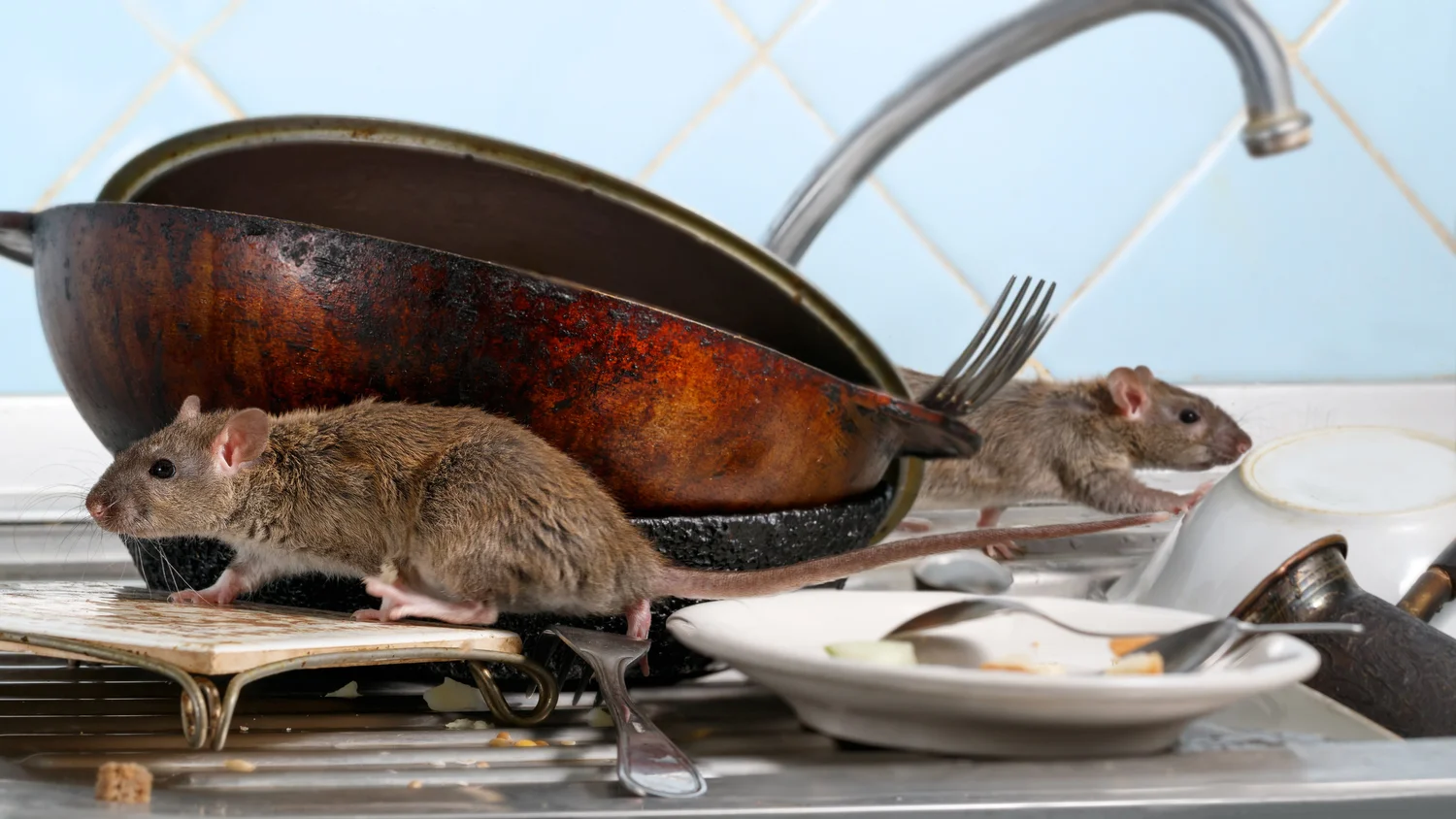Have you ever found yourself in an endless battle against household pests? You’re not alone. The pursuit of creating a comfortable home can quickly become an overwhelming challenge when insects invade your personal space. Luckily, there are natural solutions that can help. In this article, we will dive deep into the art of preventing insects with natural repellents and explore how these eco-friendly solutions can keep your sanctuary pest-free.

The Rise of Natural Repellents
Natural repellents have gained significant popularity due to increasing awareness of the harsh chemicals present in traditional insecticides. These natural alternatives not only help in preventing insects but also ensure the safety of your loved ones and the environment. By harnessing the power of herbs, essential oils, and common household items, you can effectively keep critters at bay without relying on synthetic solutions.
Understanding How Natural Repellents Work
Before diving into specific remedies, it's crucial to understand how natural repellents function. Most natural repellents deter insects through scent, taste, or both. Essential oils such as citronella, eucalyptus, and tea tree have strong odors that insects find unpleasant, while other substances, like vinegar, can leave a bitter taste that bugs avoid. These natural solutions can be used in various forms such as sprays, sachets, or even planted strategically in your garden.
Benefits of Using Natural Repellents
The advantages of using natural repellents are numerous. Most importantly, they do not contribute to indoor air pollution or pose a risk to health, unlike many commercial products. They are also biodegradable and part of a sustainable ecosystem, allowing you to reduce your carbon footprint. Additionally, using natural repellents can help prevent pests from developing resistance, ensuring their long-term effectiveness.
Common Natural Repellents and Their Uses
Let’s look at some tried-and-tested natural repellents:
- Essential Oils: Lavender, peppermint, and lemon eucalyptus oils are effective against mosquitoes and flies. Dilute them with water and use a spray bottle for easy application.
- Herbs: Sage and rosemary can be burned to deter mosquitoes, especially during outdoor activities.
- Citrus Peels: Placing citrus peels around your home can help in reducing the presence of ants and cockroaches.
- Vinegar: A vinegar solution can be sprayed around door frames and windows to keep ants at bay. Learn more tips on DIY pest control.
How to Make Your Own Natural Repellents
Creating custom natural repellents is an easy and rewarding process. One simple recipe involves mixing 10-15 drops of an essential oil (like peppermint) with two cups of water in a spray bottle. Shake it well and apply it to areas where you have noticed insect activity. This can be an effective deterrent for many common pests.
For a more potent solution, consider adding a few drops of dish soap to your mixture. This enhances the repellent’s adherence to surfaces, making it more effective. Always remember to test any new mixture on a small inconspicuous area first to avoid damaging surfaces.

Additional Tips for a Pest-Free Home
Beyond using repellents, maintaining a clean and clutter-free home is crucial. Insects are attracted to food debris and excess moisture. Regular cleaning, proper sealing of food containers, and repairing any leaks or cracks can greatly diminish their presence. For seasonal pest prevention strategies, check this article on maintaining a pest-free home.
Frequently Asked Questions
Can natural repellents completely eliminate insects?
Natural repellents are effective in deterring insects and reducing their number, but they may not completely eliminate them. Consistent application and combining methods will generally yield the best results.
Are natural repellents safe for pets?
Most natural repellents are safe for pets. However, it is always advisable to check specific ingredients as some animals can be sensitive to certain essential oils.
How often should I apply natural repellents?
The effectiveness of natural repellents can vary. It's best to reapply as necessary, particularly after cleaning or if you notice insects returning. Regular applications are often needed during peak insect activity seasons.
For more detailed information on pest control tips, consider exploring this guide on natural options to keep your home insect-free.
This article contains affiliate links. We may earn a commission at no extra cost to you.
